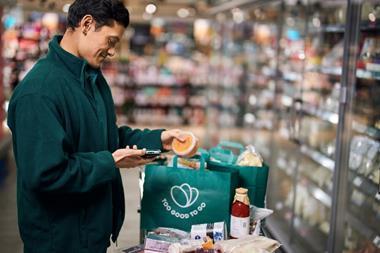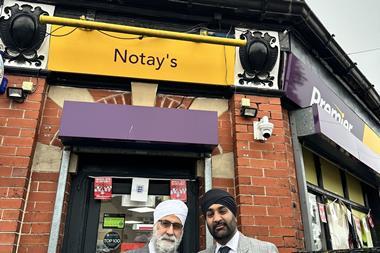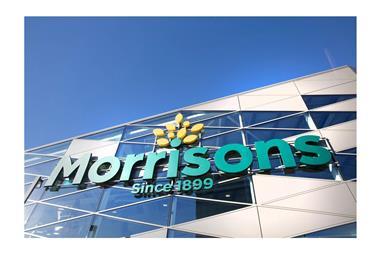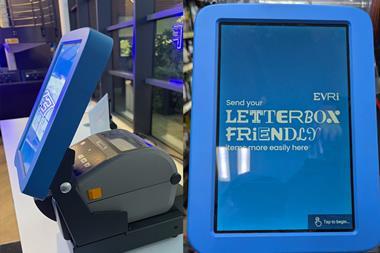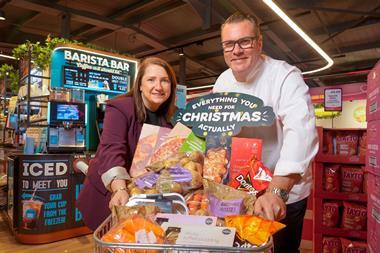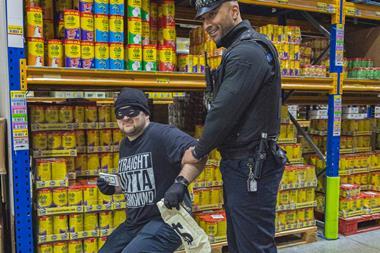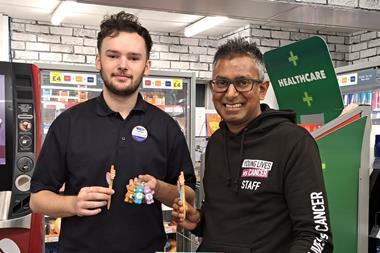Pricewatch Group talks Morrisons, Nisa and the challenges of a standalone store

Pricewatch Group general manager Tom Buckley discusses the forecourt group’s venture into convenience and the benefits of different fascias
ALREADY HAVE A REGISTERED USER ACCOUNT? PLEASE LOG IN HERE
To read the full story join the ConvenienceStore.co.uk community today!
Registration is quick and easy and provides access to:
- Unlimited ConvenienceStore.co.uk articles
- Our great range of newsletters
- Content you’ve saved for later via the ‘my library’ feature
And much more…




















